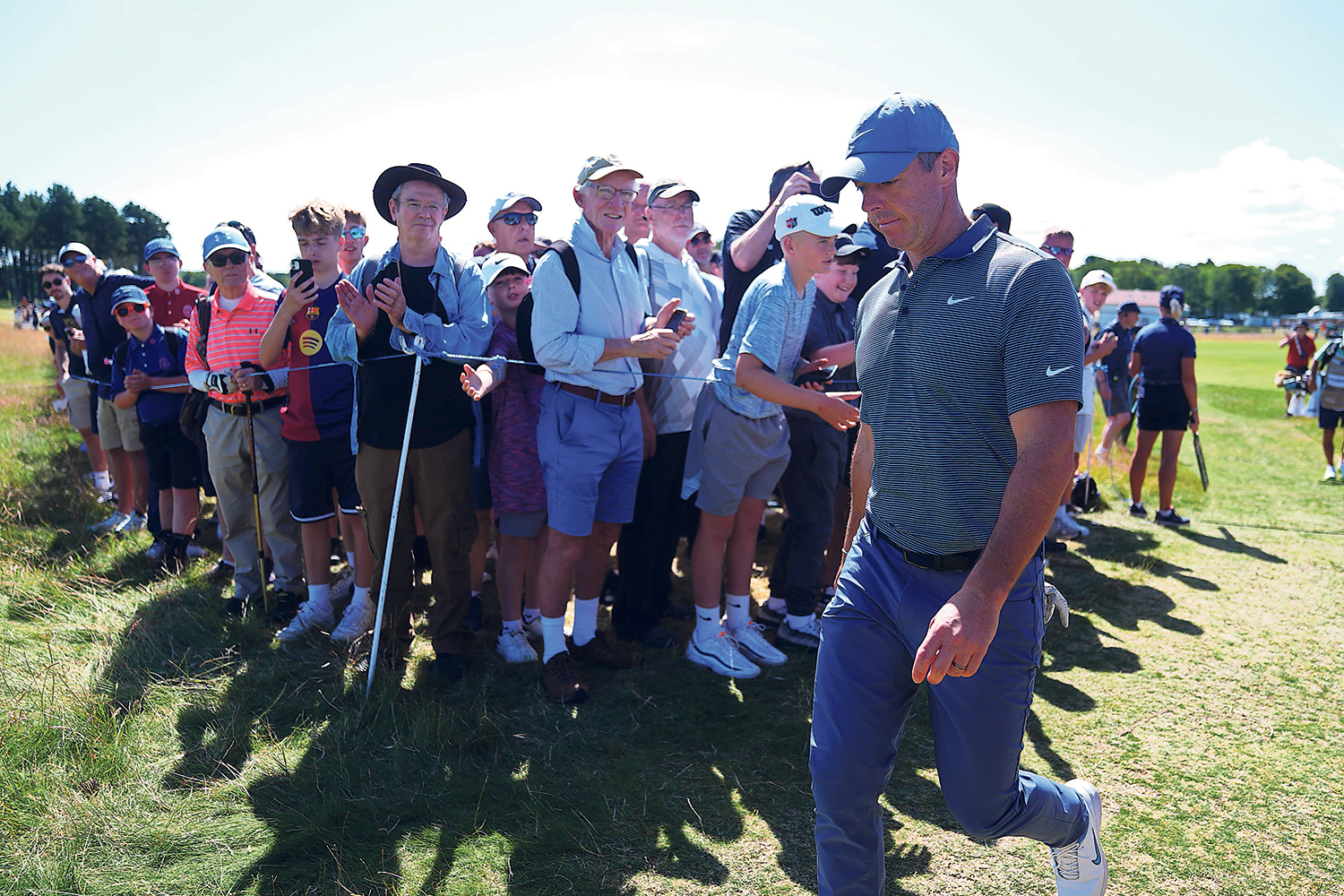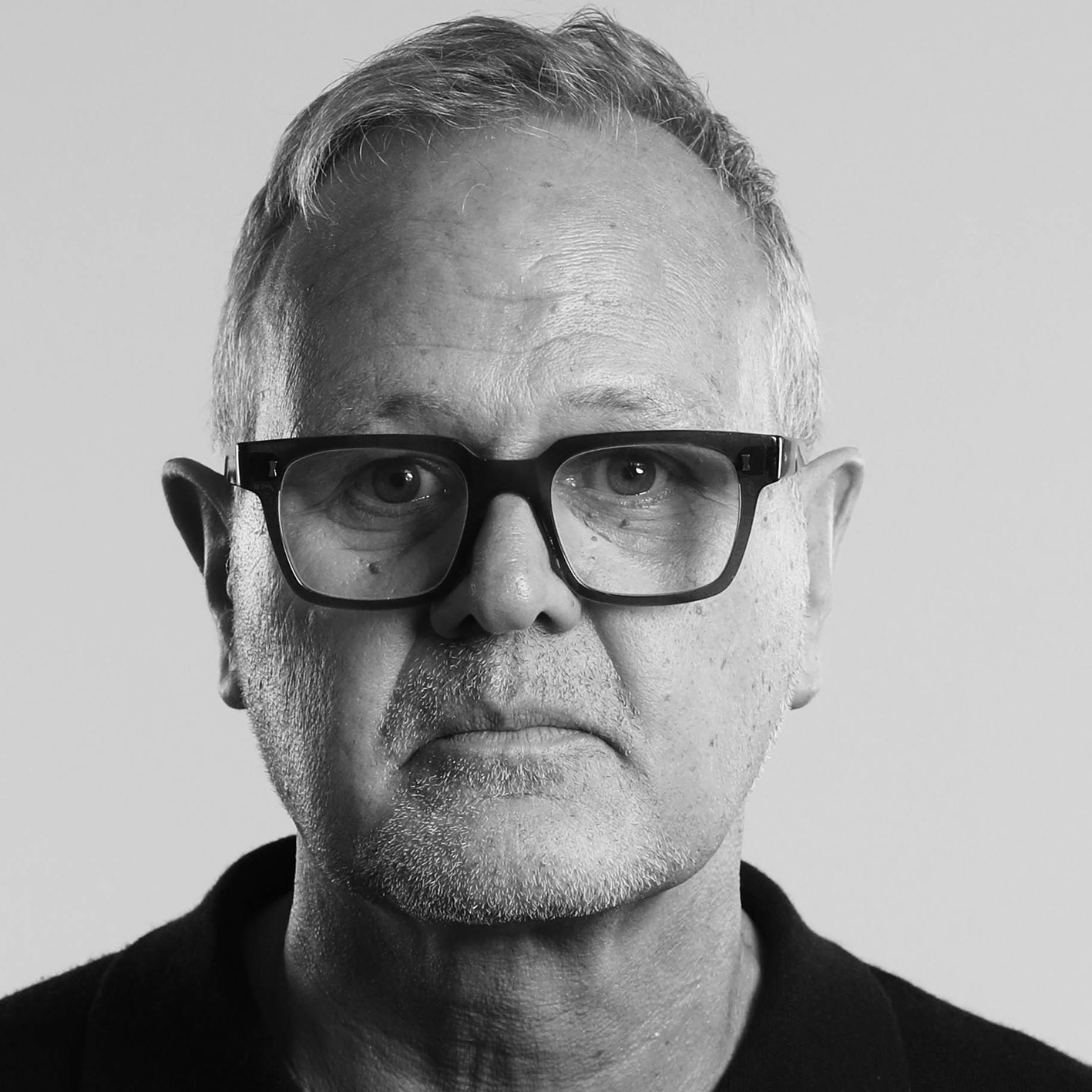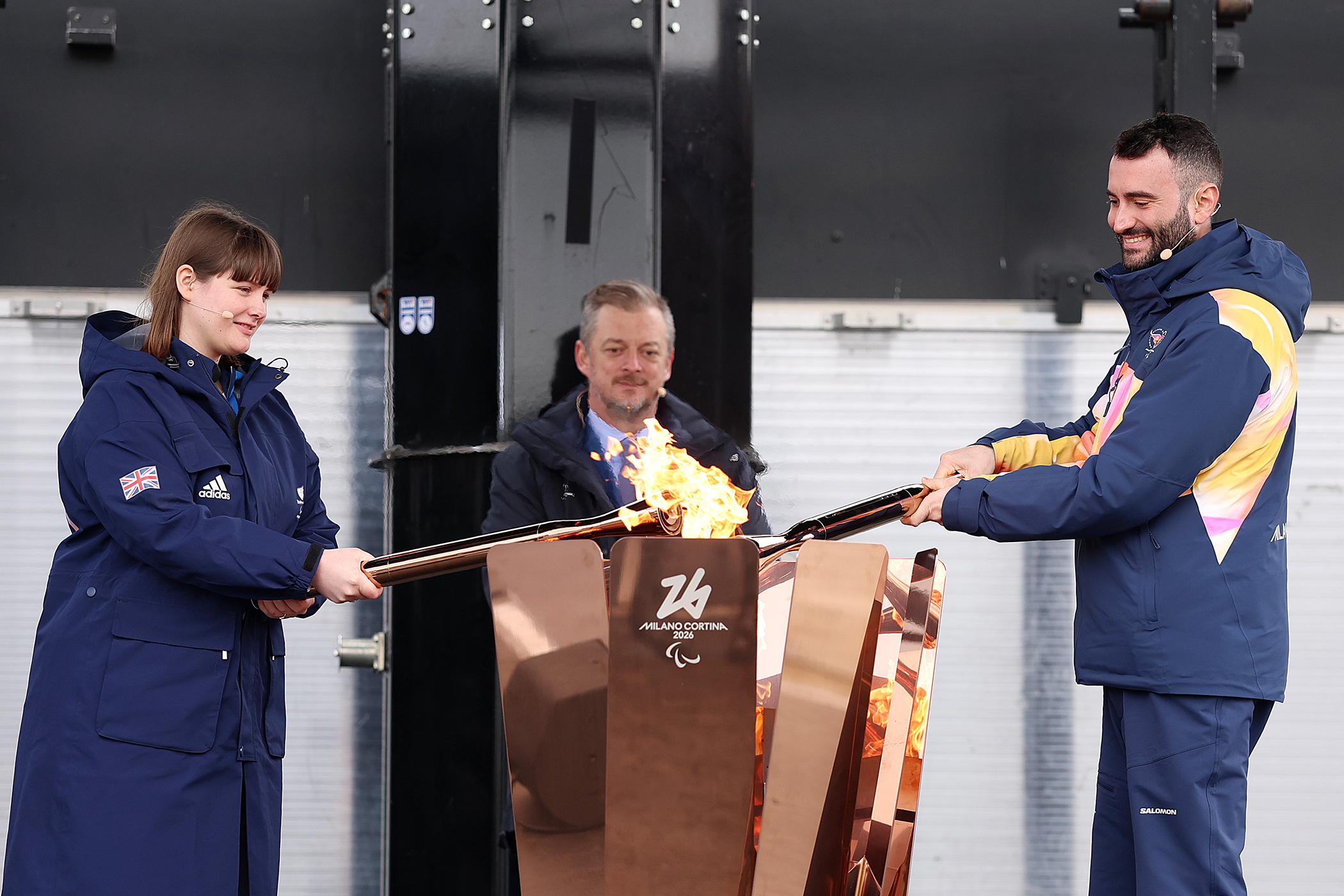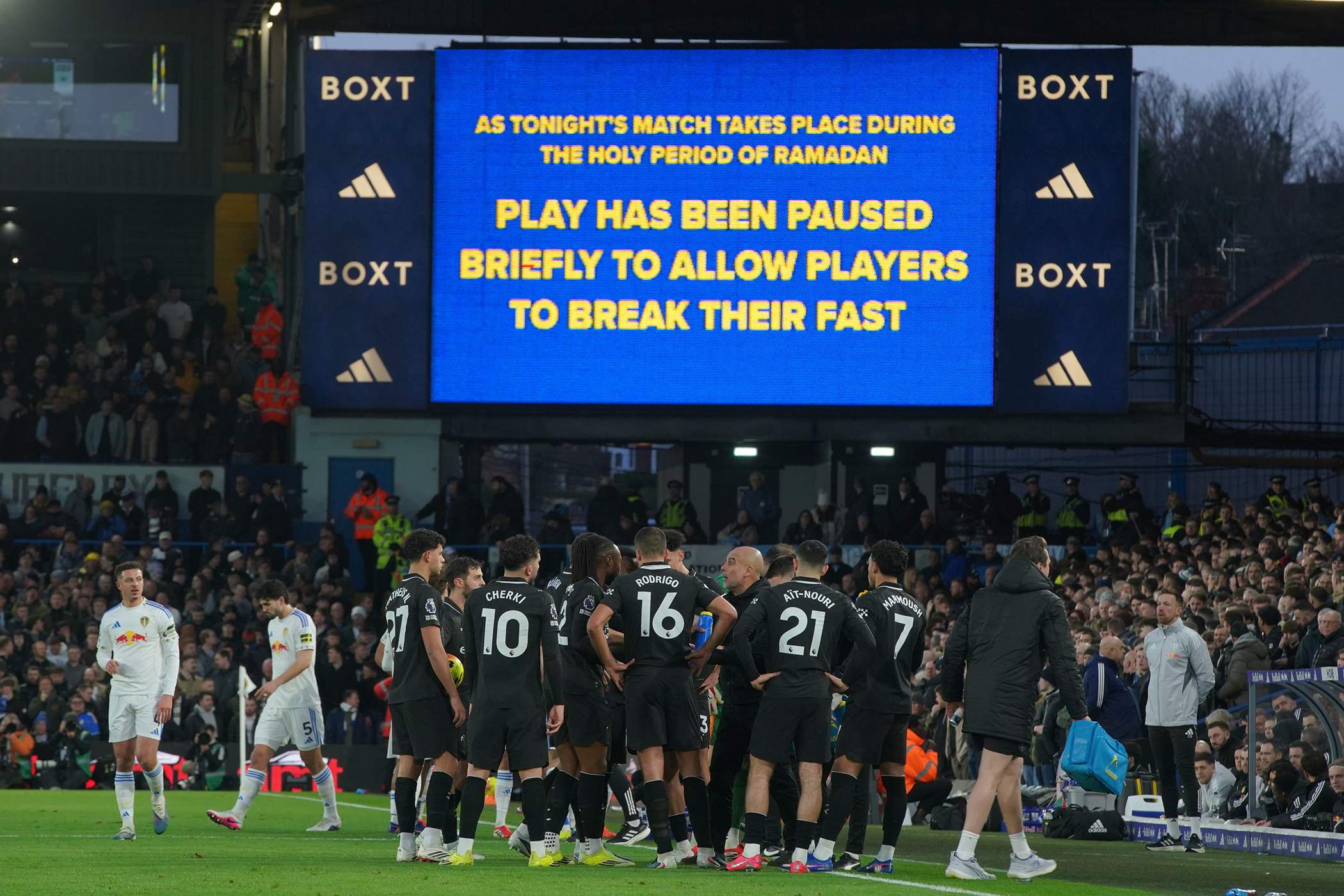For Belfast to have given birth to George Best, Alex “Hurricane” Higgins and Rory McIlroy is quite a statement about its creative spirit. All emerged in an age when the city was better known for darker urges.
Best lost the thrill of floating over muddy pitches and twisting his skinny frame around opponents when booze took hold. British football’s most gifted son began disengaging from his career in his mid-20s. Best was dead at 59. Higgins was also undone by his addictions and died in a dreadful state at 61.
McIlroy, from the Belfast suburb of Holywood, proceeded without legions of demons. He has been winning major tournaments for 14 years and lives an opulent life. But he too is entitled to decide when to let go of a quest that started in infancy (he hit 40-yard drives at three years old).
At Royal Portrush on the Northern Ireland coast this week, McIlroy will step out as local hero and golfing megastar. At 16, he marched round there in a course-record 61. The 2025 Masters champion will feel rooted in the soil and in the throngs along the fairways. If anything can cure the motivation dip he says he succumbed to post-Augusta, an Open Championship at Portrush can. There is a Ryder Cup in late September to further restore the thrill of the chase.
Since the Masters in April, McIlroy has shared 47th place in the PGA Championship and 19th in the US Open. His form returned late last month in the Travelers Championship where he went 12-under for a top-six finish.
After the PGA, he said of the Masters: “You have this event in your life that you’ve worked towards and it happens; sometimes it’s hard to find the motivation to get back on the horse and go again.”
Before the start of the Scottish Open on Thursday he said: “This world of golf can become all-encompassing if you let it… and sometimes you need to completely get away from that.” His family’s move to a new home at Wentworth had shown him, he said, the value of building his schedule around life, “instead of the other way round”.
As many golf pundits noted, you never heard Jack Nicklaus or Tiger Woods speak that way. But to deny a great sportsman or woman the right to feel sated is presumptuous and a touch ungrateful. The last-round drama at Augusta was the gift of a lifetime to golf aficionados.
Do we need to see that happen again for us to be satisfied? Is McIlroy obliged by public duty never to rest on his laurels?
His halcyon days were from 2011 to 2014 when he won the US Open, The Open, and two PGA Championships – four majors in as many summers. He had golf on a string. But it took him 11 more years to win his next major – this year’s Masters, in his 17th outing.
Newsletters
Choose the newsletters you want to receive
View more
For information about how The Observer protects your data, read our Privacy Policy
At nearly 36 he joined Gene Sarazen, Ben Hogan, Gary Player, Nicklaus and Woods as the only men to complete the career grand slam of all four majors, in perhaps the most cathartic triumph modern golf has witnessed. The Masters had become McIlroy’s nemesis. A cloud of doubt darkened an otherwise stellar record.
His long wait was framed as a trial of his spirit, hunger and even character. At Augusta, they think only a Green Jacket buys you entry to golf’s pantheon. McIlroy’s greatness came with an asterisk. Now he can make his own mind up about what he wants to achieve next – if anything – and for how long.
His brilliance is of the complicated variety. We saw that when he blew a four-shot lead on the back nine at the Masters and collapsed into a play-off with Justin Rose. Meltdown turned to magnificence in a single play-off hole, with a wedge shot to within three feet for a birdie putt. His vulnerability and willpower were paraded side by side. The mind struggled to recall a world-class athlete displaying both traits simultaneously in such a crucible.
Turbulence followed. McIlroy stopped talking to the media for a while after news leaked that his driver had failed a test at the PGA. “I feel like I’ve earned the right to do whatever I want to do, yeah,” he said – a reference not to his Masters win but his history of being helpful with the press.
At the US Open he threw a club 30 yards and smashed a tee marker to smithereens (hardly the actions of someone who no longer cares). On the second day of the PGA he admitted being frustrated by a late finish because he wanted to escape to put his daughter to bed.
So now the question becomes: how much desire is left? What does he have left to prove? Nothing. Yet instinct says his appearances at the Scottish Open and Open Championship, with a Ryder Cup in sight, will revive his thirst and shift the Masters from his head.
Björn Borg left tennis at 26. Justine Henin, then world No 1, first walked away at the same age. Eric Cantona quit at 30 years old. McIlroy turned pro nearly 18 years ago. Blessed is the star who can say: mission accomplished.
Photograph by Andrew Milligan/PA Wire



